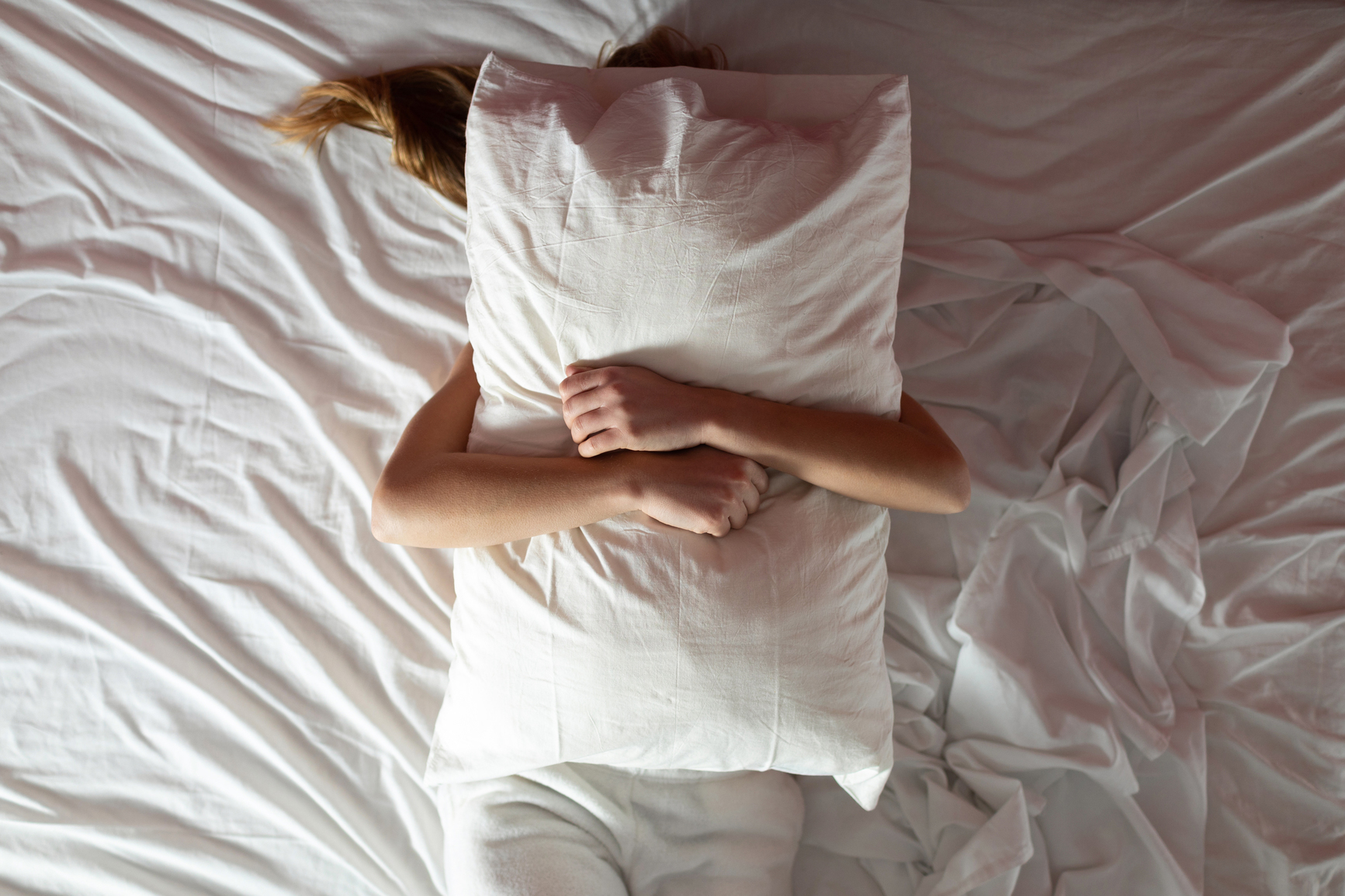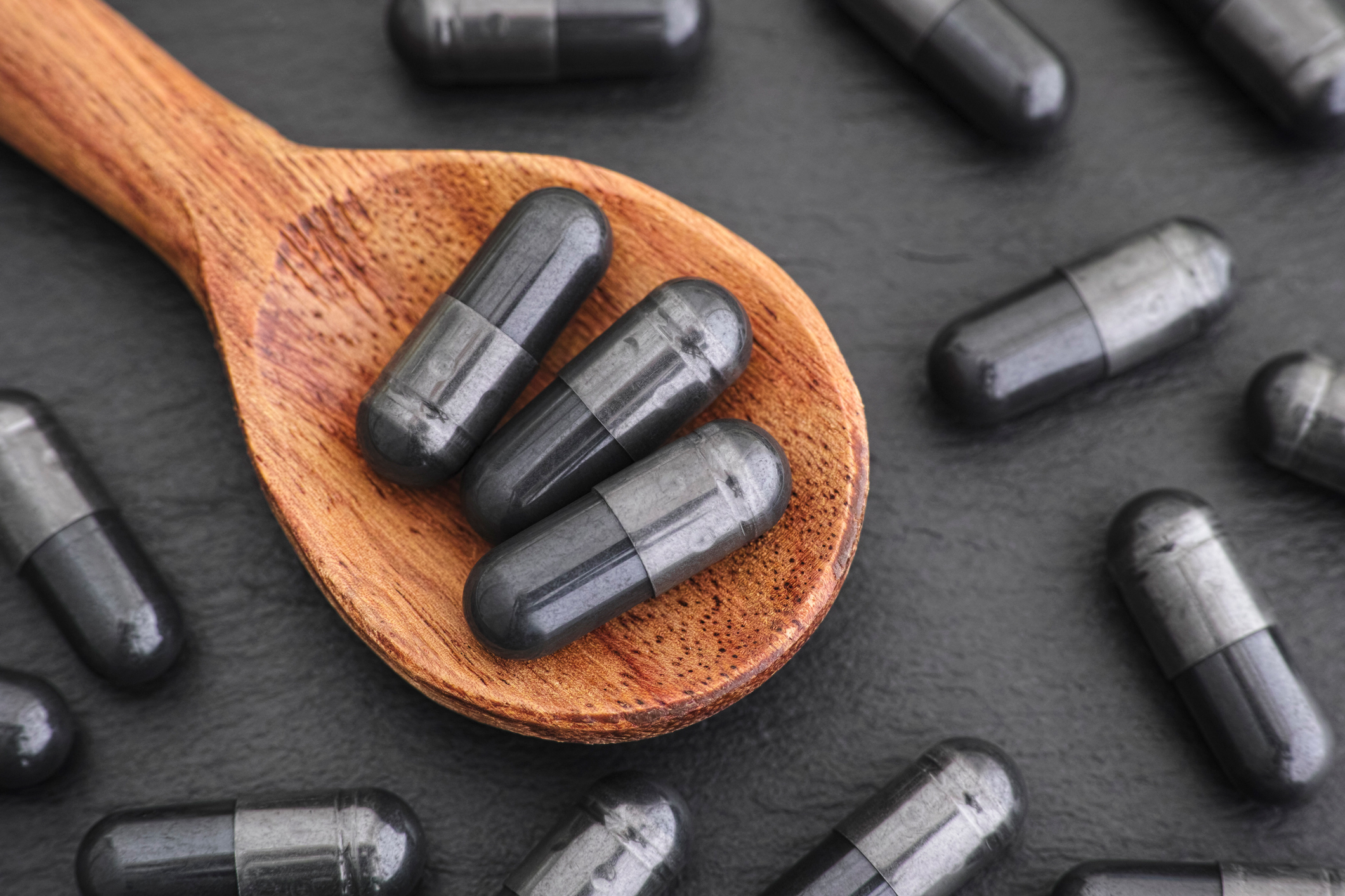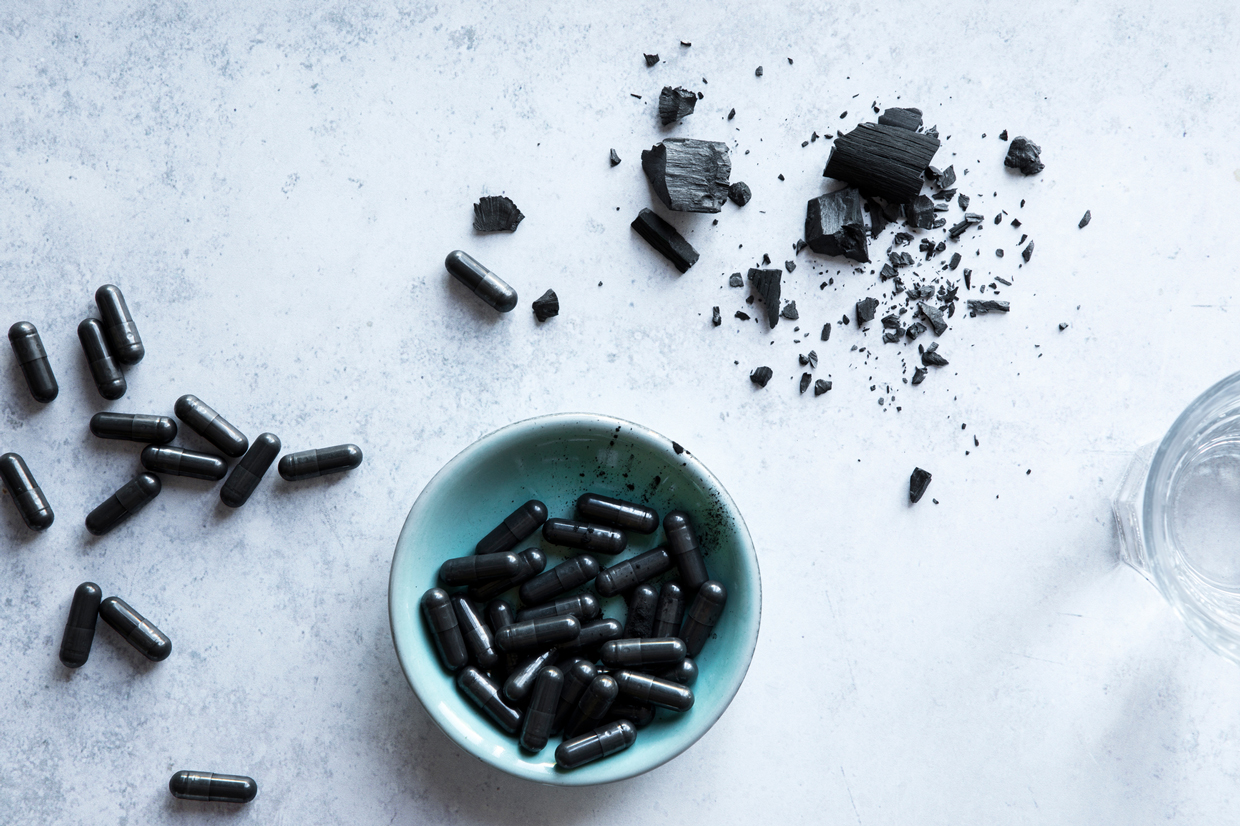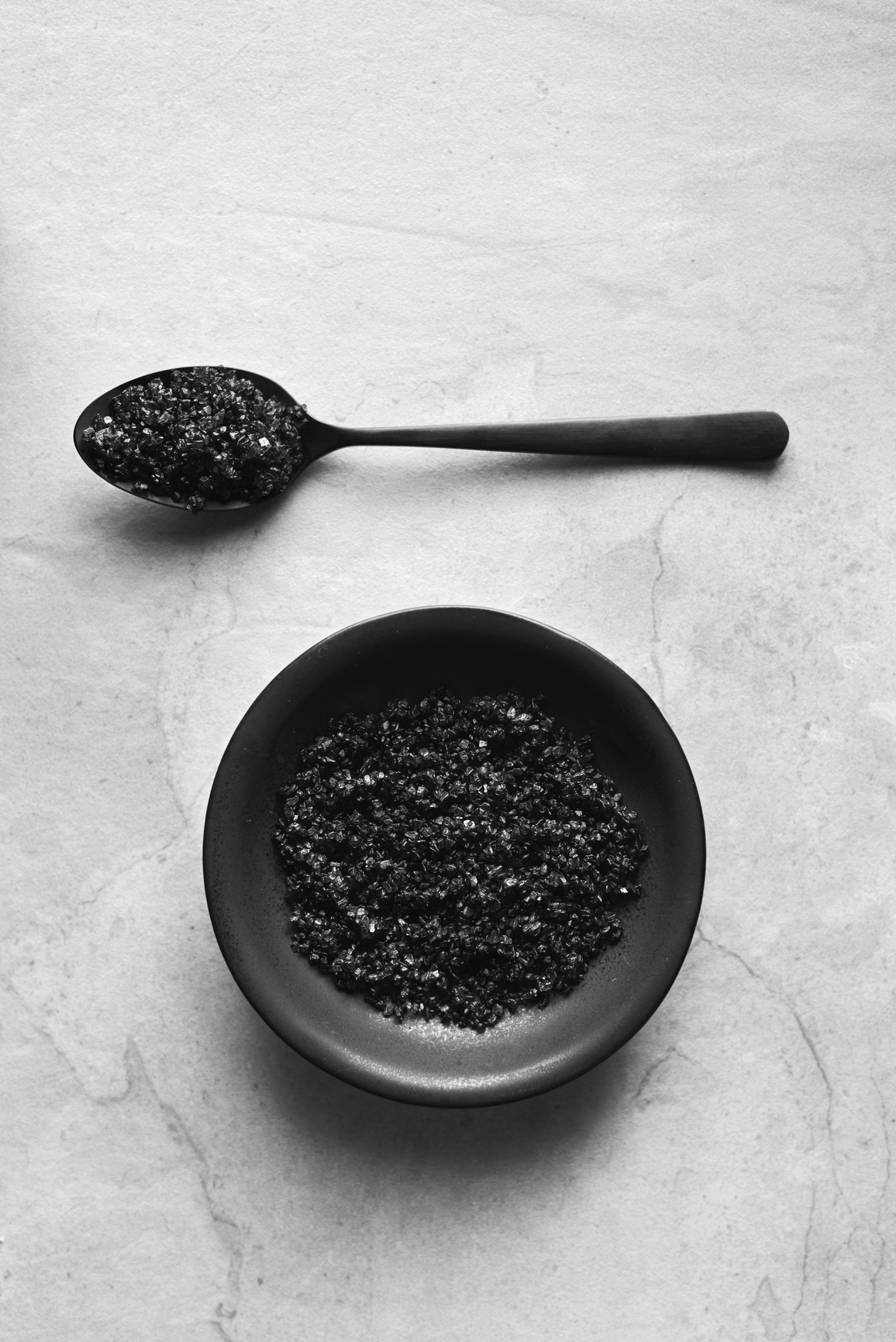This is a case of the old school that still works. Activated charcoal was first used in the early 1800s to treat poisoned patients and it’s still used today in emergency rooms around the world. Here’s how it works: You take charcoal (yes, burned-down pieces of wood, husks and other things), activate it, which means heat it, until it’s in very small granules that are free from impurities. Then it acts like a sponge, traveling through the digestive system, soaking up nasty bits, that are then expelled through your poop.
Why Do People Use It?
As mentioned above, it’s used in ERs “to absorb harmful chemicals in the GI tract and stop the body from absorbing them,” explains Dr. Lauri Wright, spokesperson for the Academy of Nutrition and Dietetics. Adds Dr. Tricia Pingel, naturopathic physician: “It’s very helpful when needing to quickly remove a toxin from the body, especially in the event of chemical exposure and overdose.” She adds that it also “has a dramatic impact on the side effects from infection.” Take food poisoning, for example. “Charcoal can help reduce the excessive gas and bloating and diarrhea while helping to remove the infective agent from the body.” (Note that it should not be used as an everyday treatment for gas or diarrhea, however.)
It’s also been touted as hangover prevention or cure, with people claiming they drink it down with their adult beverage of choice and have no issues the next day, while others say they take it when they are hungover and feel almost instantly better. Unfortunately, the research isn’t great in this area. In a limited study, researchers found that activated charcoal doesn’t lower blood alcohol levels in people (though the sample size wasn’t huge); but it has been shown to lower levels in rats and dogs. Others claim it can help treat mold toxicity in the system, but again, there’s very limited research to support that, though this study showed some efficacy in mice.
Bottom line: The research still doesn’t prove or disprove that activated charcoal can help you detox from alcohol or mold, but we do know it’s good for most poison or medication overdoses. If you’re looking for anecdotal evidence (as in, people tell their own stories of its success after a bender), there’s plenty online to support it.
How to Use It
For at-home use, you can buy activated charcoal in pill form from anywhere you buy supplements. It’s inexpensive, usually around $10 for 100 pills. And look for trusted brands that don’t have other filler ingredients in them. (This is code for: Don’t buy sketchy stuff online where it could be a capsule filled with fireplace ash for all you know.) “In terms of dosing, follow the recommendations on the label, as all brands are different,” says Pingel. “Drink an additional eight to 12 ounces of water with each pill, on top of your daily water requirement.” (Her quick rule of thumb for water intake: Drink half your body weight in ounces. So if you weigh 160 pounds, you need 80 ounces of water daily, plus more if you drink caffeine or alcohol.)

Warnings
“Individuals taking medications should consult their healthcare professional prior to taking it,” says Wright. Why? Because it can prevent absorption of your vitamins and medications. So if you take charcoal, make sure it’s hours apart from anything else.
As Dr. Pingel mentioned, drinking extra water with activated charcoal is a must. Otherwise, you risk constipation and reabsorbing the toxins that you’re trying to expel.
Activated charcoal should not be used regularly. “Charcoal can bind to minerals that are good for your body and therefore it could have a negative impact on your nutritional status,” says Pingel. Basically, the sponge doesn’t have a radar in it to say what’s good and bad, it binds to anything that’s small enough to latch on. “Reserve it for when the body is loaded with toxins that need removal quickly.”
Again, as the research isn’t extensive or conclusive, proceed with caution and consult a healthcare professional prior to taking it.

Alternatives
If you’re unsure about taking activated charcoal, Dr. Wright offers a list of other ways to support your body’s natural detoxification, including staying hydrated, eating five to nine servings of produce per day, consuming dietary fiber to maintain bowel regularity, adding berries, artichokes, garlic, onions, green tea, and cruciferous vegetables like broccoli and cauliflower, into the diet, consuming lean protein to maintain optimum levels of glutathione, the body’s master detoxification enzyme, and eating naturally-fermented foods like kefir and kimchi to help promote a healthy gut.
We only recommend products we have independently researched, tested, and loved. If you purchase a product found through our links, Sunday Edit may earn an affiliate commission.








